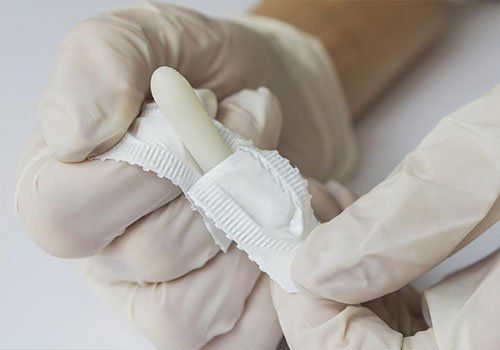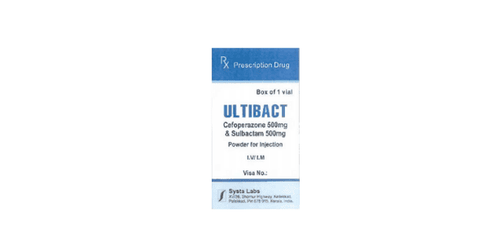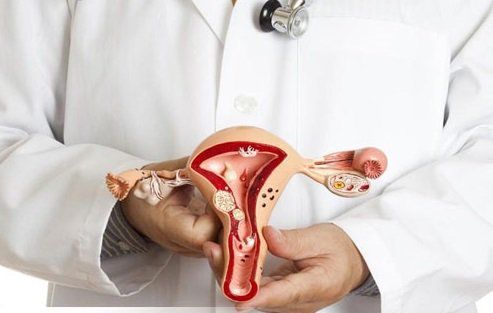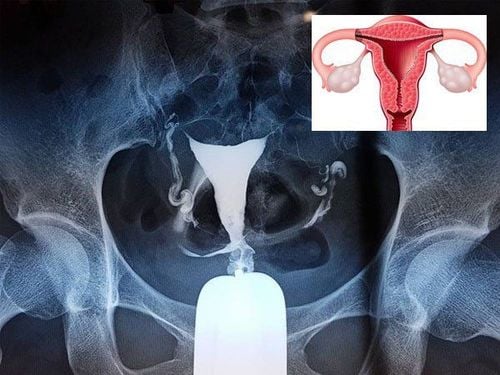This is an automatically translated article.
The article was professionally consulted by Specialist Doctor I Le Thi Phuong - Obstetrician and Gynecologist - Department of Obstetrics and Gynecology, Vinmec Ha Long International HospitalPelvic inflammatory disease is a common gynecological disease, making women feel self-conscious and uncomfortable in daily activities. Pelvic inflammatory disease symptoms vary from case to case, acute, chronic or insidious. In any case, the signs of pelvic inflammatory disease should be known and recognized early by women, in order to receive early treatment and ensure comprehensive health.
1. Pain in the lower abdomen
Abdominal pain is a symptom that everyone experiences at least once in their life. Abdominal pain in women is considered to be more complicated, especially when not accompanied by manifestations of digestive disorders. At this point, appendages should be considered if a woman has low abdominal pain with gynecological abnormalities.Pain in the lower abdomen is considered the most common symptom of pelvic inflammatory disease. The pain may only be vaguely described as a dull pressure on the suprapubic region or sometimes with a sharp, intermittent throbbing intensity.
In the chronic setting, the pain may be mild but present at all times of the day. While the pain may not be as intense as the menstrual cramps, a persistent dull ache can still have a negative effect on your day-to-day life.
In contrast, in acute pelvic inflammatory disease or rupture of an abscess, the pain can be so intense that the patient cannot move, has no position to relieve pain, or has to constantly struggle with pain. At this point, you cannot delay but immediately go to the emergency room. Sometimes these cases require urgent surgery to avoid a life-threatening situation.

2. Pelvic pain during intercourse
Pain during intercourse is not completely normal. Some women may be embarrassed to talk about pain during sex because they think it's a psychological problem rather than a physical abnormality. Meanwhile, instead of constant lower abdominal pain, pelvic pain during sex is also a common symptom of pelvic inflammatory disease. That said, having sex can already be an element of pain before it gets worse.
3. Lower back pain
Some women often feel a slight tingling sensation in the lower back during the menstrual cycle and will stop when the period stops. This is completely normal. On the contrary, if you suffer from pain like this during your period or the pain tends to be more intense during your period, you should see your gynecologist.Although the feeling of pain in the lower back can be confused with kidney or liver disease, it is important to examine and find the cause, perform diagnostic tests.
4. Menstrual disorders
A normal menstrual cycle in a healthy adult woman should last between 28 and 32 days. In which, the menstrual period occurs from the first day to the third or fifth day of the cycle.In the case of heavier than normal menstrual bleeding or prolonged bleeding like menorrhagia, heavy bleeding can be a symptom of pelvic inflammatory disease.
5. Abnormal vaginal discharge
Between menstrual cycles, the vagina often has physiological fluid for the purpose of moisturizing and self-cleaning. Usually this amount of fluid is very small, colorless and odorless, so it is difficult to recognize.If a woman notices vaginal discharge that is abundant, has an abnormal color, has an unpleasant odor or is fishy despite keeping it clean, this is still a sign of infection. This condition may get worse after sex.
6. Urinary reflex disorder
Gynecological inflammatory problems can come from the urethra, the urinary system in general. A reflex that causes a woman to urinate frequently, the need to urinate, a burning sensation when urinating, and even difficulty urinating can all be symptoms of pelvic inflammatory disease.If a person has repeated urinary tract infections, UTIs are not completely cured, then the problem of associated pelvic inflammatory disease is difficult to rule out.

7. Have a systemic inflammatory response
If a woman does not have any of the above symptoms while still having flu-like symptoms such as loss of appetite, lethargy, fatigue, chills, high fever, swollen lymph nodes or just a vague general discomfort while no other foci of infection can be found, the appendix needs to be considered.There are many cases when the above-mentioned systemic inflammatory responses are warning signs for pelvic inflammatory disease, especially in chronic inflammatory situations or silent agents such as tuberculosis, fungi...
8. Infertility
It is estimated that about 10 to 15% of women with pelvic inflammatory disease experience infertility. Also, even if you've been treated for pelvic inflammatory disease and STIs, you can still be infertile. Many women only find out they have this problem after being tested for infertility.Because the inflammatory response will change the structure and function of the organs, hindering ovulation, fertilization and implantation, the definitive treatment of pelvic inflammatory disease before conducting an intervention to support infertility is necessity. Furthermore, antibiotic treatment only targets the infection, leaving no effect on the ovaries, fallopian tubes, or later fertility.
9. What are the risks of pelvic inflammatory disease?
Pelvic inflammatory disease is a gynecological disease that mainly affects young women, especially those under the age of 25, whether or not they have ever been sexually active; However, the risk is higher when having sex. In addition, the chance of getting the disease is also higher if the woman has the following additional factors:Have had a history of sexually transmitted infections, most commonly gonorrhea or chlamydia. Having sex early. There are many lovers. Having one partner but having sex with many other people. Having sex without a condom. Ever had pelvic inflammatory disease, repeated UTIs. Using strong antiseptic hand sanitizers or having a habit of douching regularly, increases bacterial growth by upsetting the balance of good and bad bacteria in the vagina. IUD insertion (risk of pelvic inflammatory disease is highest within the first three weeks after the procedure).
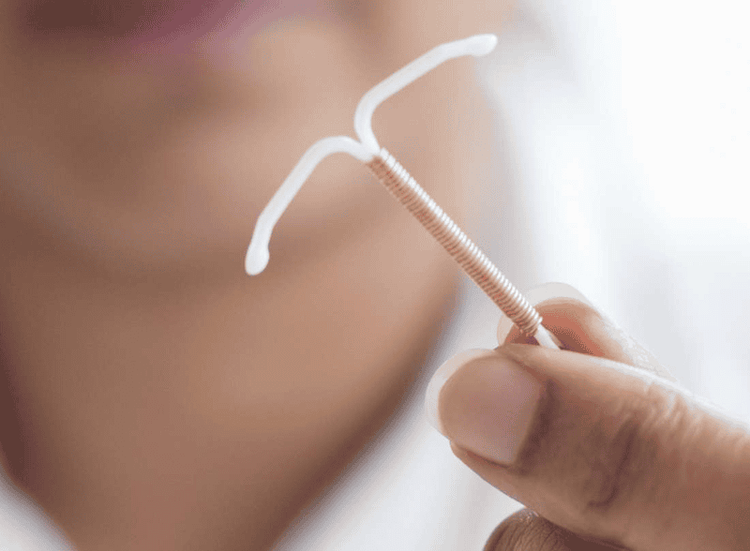
10. When to see a gynecologist?
As soon as you have one of the abnormalities, especially those with the above risk factors, even the mildest, it is necessary to see a gynecologist soon.When you have been trying to conceive for more than a year, even if you do not have other infertility risk factors or symptoms, you should talk to your doctor for advice and screening for the possibility of pelvic inflammatory disease. latent pots. If you really have the disease, it is necessary to plan treatment as soon as possible. The longer you delay, the more likely you are to damage your reproductive organs, reducing your chances of getting pregnant and having a baby.
Conversely, if you experience symptoms of acute pelvic inflammatory disease, such as high fever, vomiting, fainting, or severe pain, you must go to the nearest emergency room immediately. Because pelvic inflammatory disease can also develop as a serious disease, life-threatening complications and potentially death if not treated early.
Pelvic inflammatory disease is a gynecological inflammatory disease. Similar to inflammatory diseases in other organs, a woman needs to know the above signs and know how to monitor her own health status, visit the right specialist soon, and avoid sequelae.
Vinmec International General Hospital provides female customers with a package of gynecological examination and screening. This examination package helps customers to detect inflammatory diseases early, thereby treating the disease easily and inexpensively. At the same time, Vinmec's gynecological examination service package also helps screen and detect cervical cancer early.
Please dial HOTLINE for more information or register for an appointment HERE. Download MyVinmec app to make appointments faster and to manage your bookings easily.
Articles refer to sources: mayoclinic.org, verywellfamily.com, premierhealth.com, plannedparenthood.org, webmd.com






